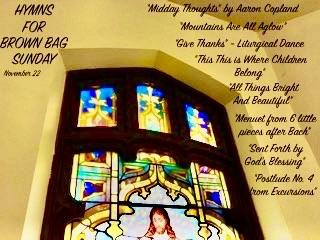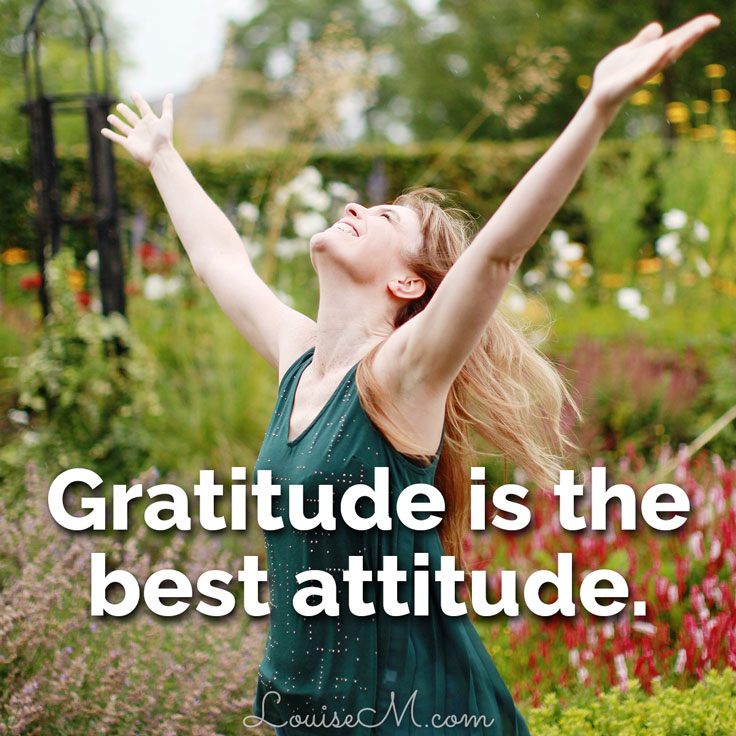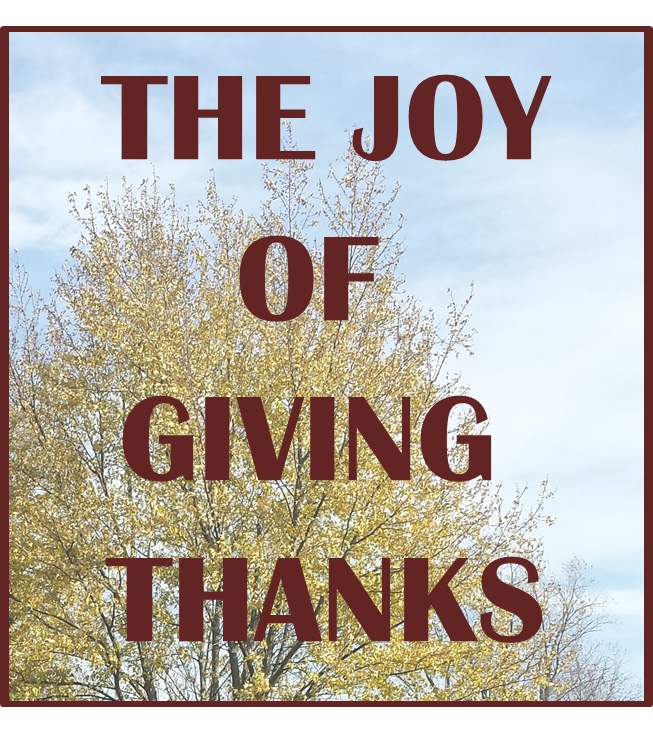WHAT WILL WE SING THIS BROWN BAG SUNDAY?
Come to a church that’s refreshing, inspiring, and fun!
At PUMC we play beautiful classical and sacred music during worship, and that refreshes the spirit. We also sing well-known and new hymns as well as “gospel and folk songs” that lift us to Heaven. We pray that our music will inspire everyone, old and young and help them find faith and hope.
“Mountains Are All Aglow”
“Mountains Are All Aglow” is a song of adoration, praise, and gratitude, thus suitable for Thanksgiving – uniting people and sharing God’s blessings. It was written by Ok In Lim in 1967 and sung to the tune KAHM-SAH by composer Jae Hoon Park. The melody is similar to Korean folk songs. The original Korean text was translated in 1988 by Hae Jong Kim, the first Korean United Methodist bishop (1992-2005). “It is the Asian  equivalent of a favorite harvest hymn for Euro-North American Christians, “Come, ye thankful people, come” by British Anglican, Henry Alford.” Hymns from Asia are recent additions to our hymnals.
equivalent of a favorite harvest hymn for Euro-North American Christians, “Come, ye thankful people, come” by British Anglican, Henry Alford.” Hymns from Asia are recent additions to our hymnals.
The first stanza echoes Psalm 65:9-10:“You take care of the land. You water it and make it fertile……” Stanza two emphasizes human partnership with God: “Working hard, God has given us reasons for deep gratitude.” Stanza three emphasizes the role of humanity, “Working hard, tilling God’s earth; making preparation.” Stanza four invokes the feeling of trusting God’s promises and planting his word deep in our hearts. To watch a video of this hymn, click here.
“All Things Bright and Beautiful”
“All Things Bright and Beautiful” is an Anglican hymn, also sung in many other Christian denominations. Cecil Frances Alexander wrote the words and published the song in 1848 in her Hymns for Little Children. The melody originated from the 17th-century English country dance tune “The 29th of May,” but there have been other adaptations. The chorus was recommended as a Christian song for children to learn, even those as young as five and it has remained popular with them.
This hymn consists of a series of stanzas that emphasize the verses of the Apostles’ Creed and may have been inspired by Psalm 104, verses 24 and 25: as well as by a poem from Samuel Taylor Coleridge’s The Rime of the Ancient Mariner: “For the  dear God who loveth us: He made and loveth all.” The stanzas tell us that God’s world is wonderfully made and we must relax with nature. God made all things bright and beautiful, wise, and wonderful. He made the little flowers, the little birds, the green grass, the big animals, the tall mountains, the great forests, the sun, the rivers, the sunset, the moon and stars in the sky, the different seasons, the rich man, the poor man, the air that we breathe and the food that we eat. God’s creation reminds us of how great He is. To watch a Youtube video of this hymn, click here.
dear God who loveth us: He made and loveth all.” The stanzas tell us that God’s world is wonderfully made and we must relax with nature. God made all things bright and beautiful, wise, and wonderful. He made the little flowers, the little birds, the green grass, the big animals, the tall mountains, the great forests, the sun, the rivers, the sunset, the moon and stars in the sky, the different seasons, the rich man, the poor man, the air that we breathe and the food that we eat. God’s creation reminds us of how great He is. To watch a Youtube video of this hymn, click here.
This Sunday is traditionally our Brown Bag and Thanksgiving Sunday, when we fill the front of the sanctuary with non-perishables for the ‘Arm in Arm’ food pantry. For what are you giving thanks? This year, ‘Arm in Arm’ is asking for cash donations instead. If you’d like to give an extra offering for this purpose, please designate your gift ‘Arm in Arm.’
Click here to listen to the PUMC worship service, hear the beautiful music, the children’s time, the scripture readings, the sermon, the prayers, and the story sharing.
Images Source: Google Images
Written by Isabella Dougan





